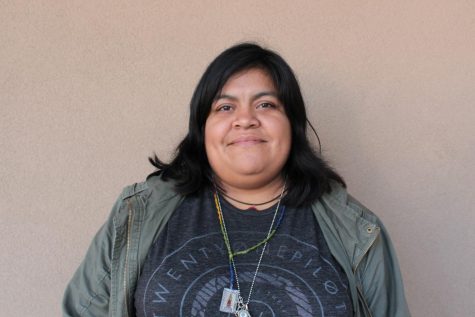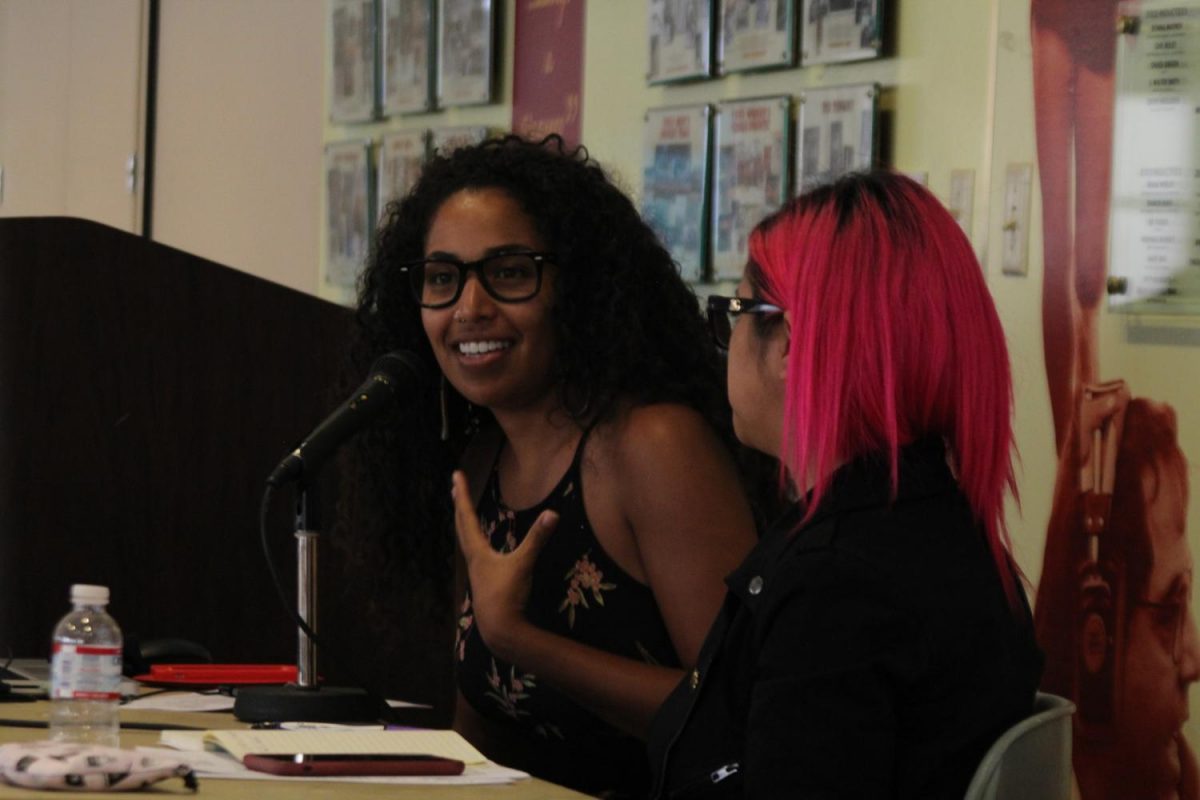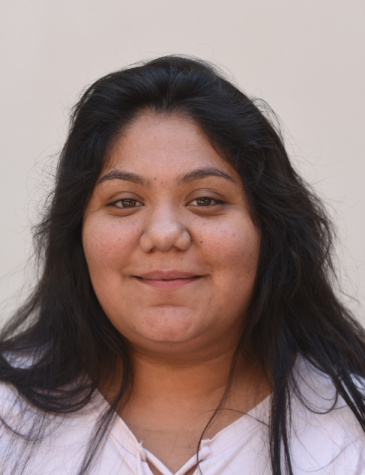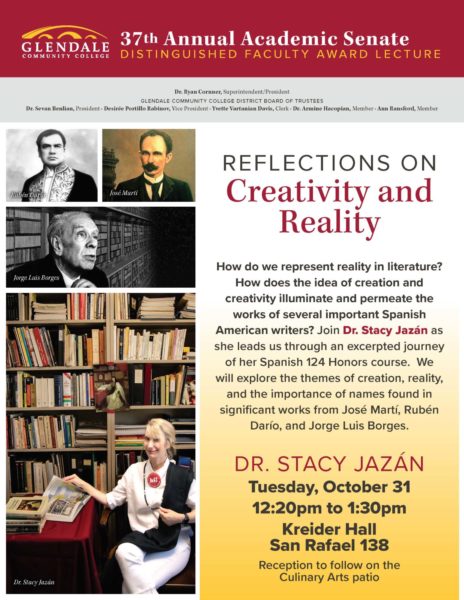Seeking an Inclusive Hispanic Identity
September is officially Hispanic Heritage Month and Glendale Community College has sought to host a series of events to celebrate Latinx month. The term Latinx seeks to be inclusive, taking into account various Latinos and Latinas. It also acknowledges the LGBTQ community, where some people identify as a gender outside of biological parameters.
The opening event was hosted on Sept. 14 and entitled “Exploring labels of self Identity.” It was organized by Dr. Ziza Delgado, professor of Ethnic Studies and History, and Krys Gonzalez, who is part of the Learning Center department. The panel discussion was about the new terms and how people identify themselves within the Hispanic community.
Kaelyn Rodriguez, a UCLA graduate student, was one of the guest speakers. El Vaquero reached out to her to help emphasize the changes taking place in the Latino (or Latinx) community, and to understand how people identify through labels.
Why did you chose to talk about Hispanics and the terms they can use to identify themselves?
I was really happy to join the conversation because I think that is a topic that is long overdue and deserving of more exploration. I think a lot of us, myself included, reuse and therefore replicate terms and their power dynamics without really knowing what they mean, how they were formed, or how we feel about that term’s history.
In your opinion, why are having all these terms important especially today for Hispanics?
I think the stakes are very high right now for the language we use and the discourse we create around Latinx identity and terms, especially as we struggle over immigration policies.
Why is it important to understand its history?
I think understanding the history of a term can be very powerful for claiming identity and for creating solidarity across difference. In this way, it is also important to remember the term illegal affects immigrants and others from many many backgrounds, not just Latinx [people].
Can you describe the term “illegal”?
In the U.S., the term illegal was applied to mixed-race persons, especially people of black and white heritage, before it was applied to undocumented immigrants. In the 1967 case Loving v. Virginia, the courts allowed for people of color to marry white people and have children. Before that point, white and non-white marriage was illegal and so were their mixed race children.
Do you think in the future there will be new terms?
I am sure that terms will continue to change over time. As we adapt to the changing world around us, as we reclaim our histories and develop our own cultural practices (inside and outside our family expectations), I absolutely expect that terms will change. Perhaps terms will be reclaimed and reframed. I don’t know exactly what that will be, but I am hoping that we never become idle, that we keep pushing for more language that helps us become more free.

Carolina Diaz has been attending Glendale Community College since 2015. One of her goals is to transfer to a 4-year university. Her passion is writing...



